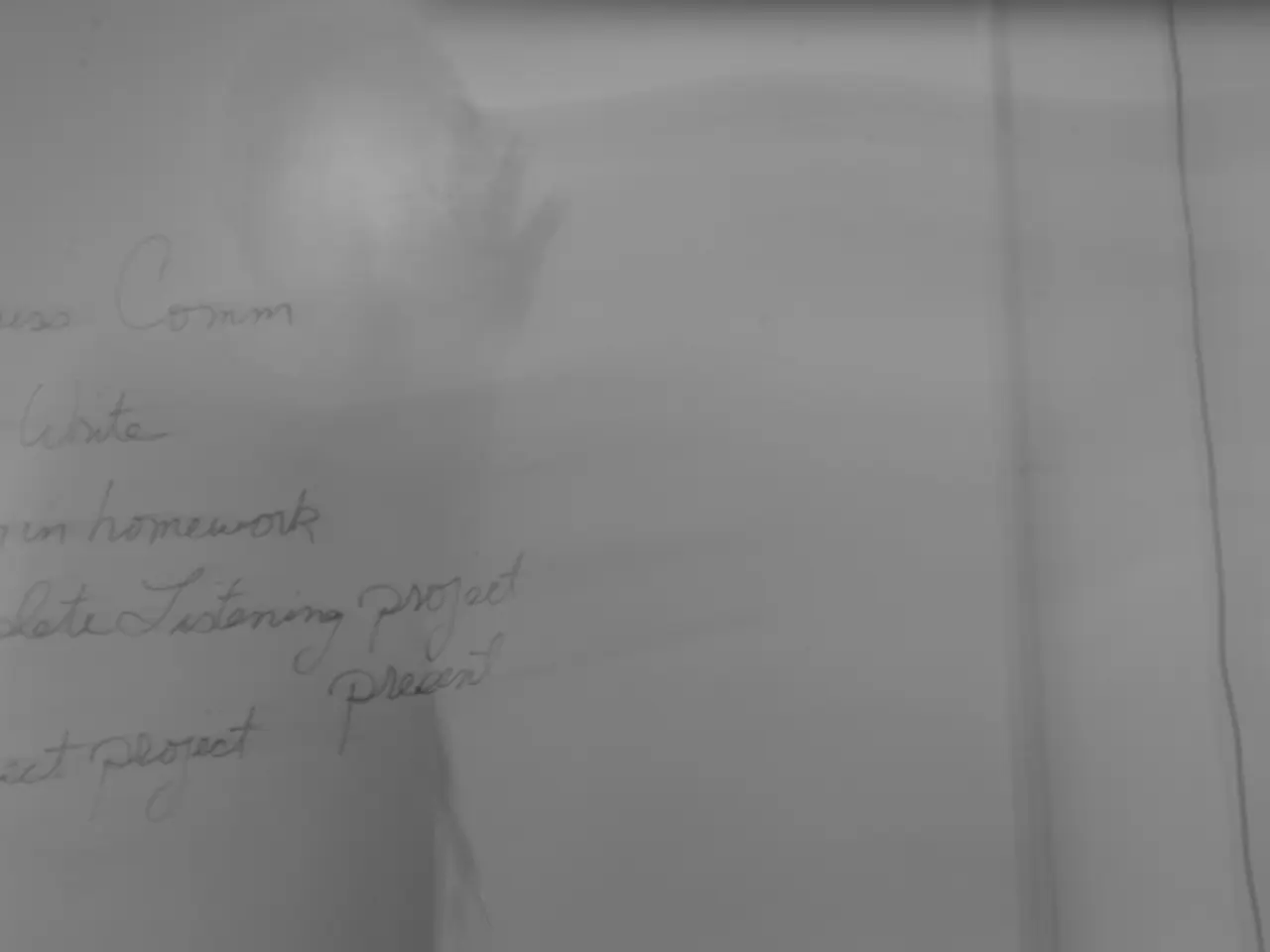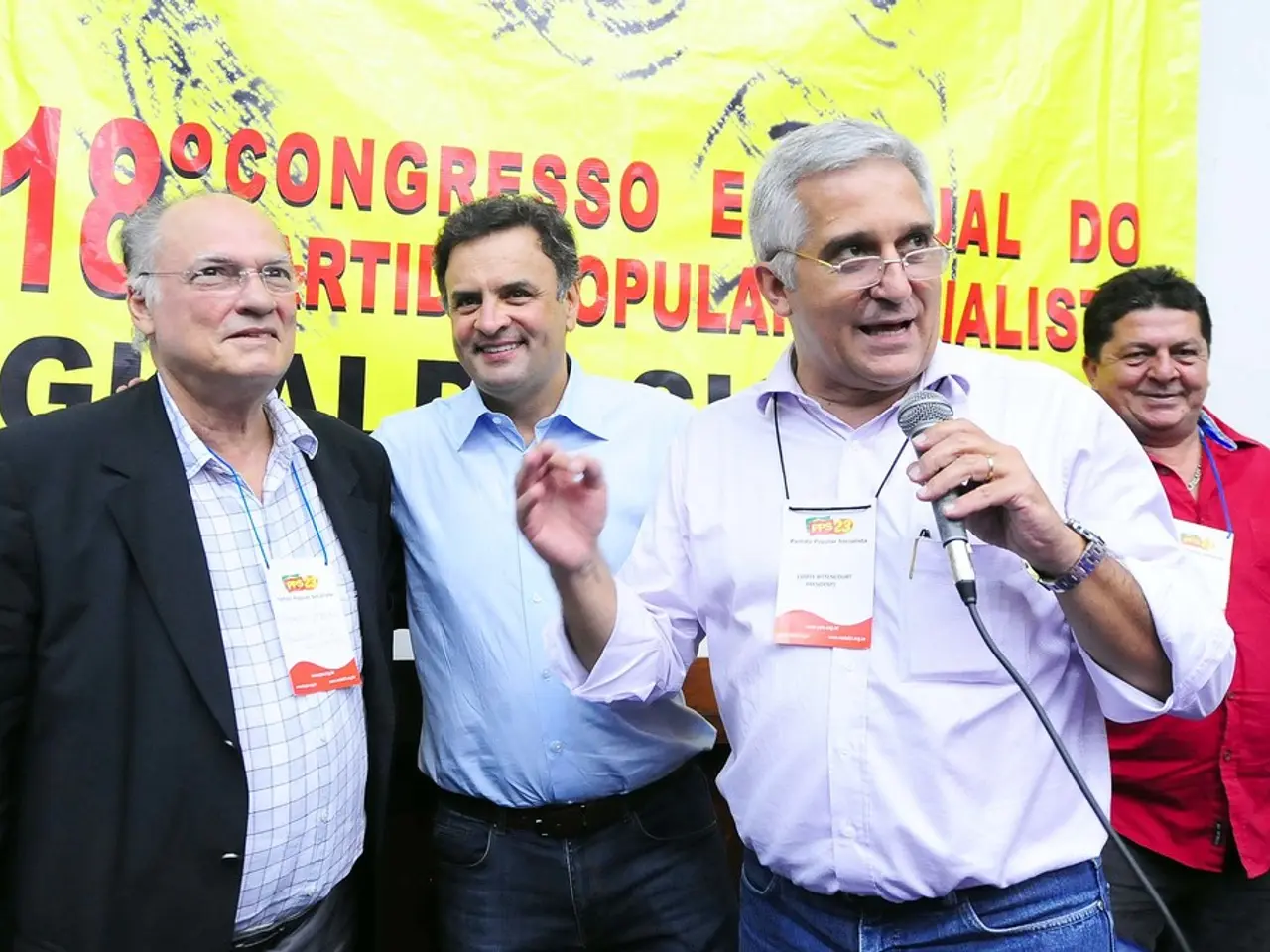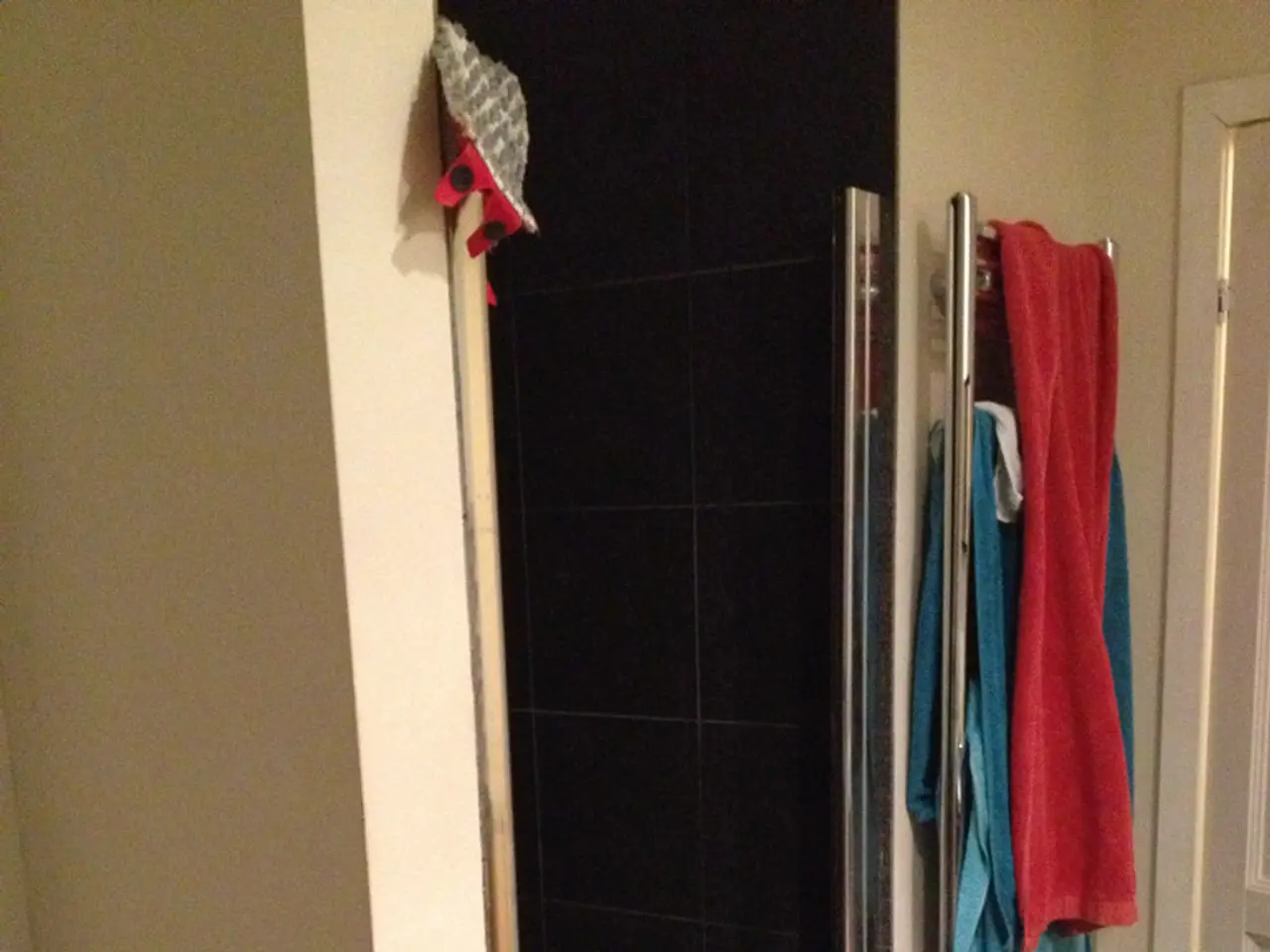Countries Facing Escalated Tariffs: Canada and Switzerland Hit Harder
In a series of events that have shaken the global trade landscape, the tariffs imposed by former U.S. President Donald Trump under a national emergency declaration are currently subject to ongoing legal challenges. The disputes centre around the executive's authority to use a national emergency to impose tariffs without explicit congressional authorization.
In late May, an appellate court temporarily lifted the legally imposed blockade on almost all of Trump's tariffs, which a lower instance - the Court of International Trade in New York - had ordered shortly before. However, the national emergency declaration itself, invoked under the National Emergencies Act, remains formally in place, with the administration continuing to modify tariffs via executive orders.
The tariffs, justified by Trump as a means to address an imbalance in trade with other countries, have been met with criticism from various quarters. German foreign traders have expressed concerns about the uncertainty they bring, while economic associations in Switzerland are calling on their government to do everything possible to achieve a reduction in tariffs in the next few days.
Trump's argument for the tariffs rests on the claim that trade deficits with other countries pose a national security risk, thereby constituting a national emergency. He has used a 1977 law, the International Emergency Economic Powers Act (IEEPA), for this purpose, a move that has never been applied to tariffs before.
However, at least seven federal court cases challenge the legality of tariffs imposed under IEEPA, arguing that the executive branch exceeded its constitutional and statutory powers, potentially violating the nondelegation doctrine by claiming overly broad discretion. The U.S. Court of International Trade and a Washington D.C. district court have issued rulings in 2025 invalidating tariffs imposed solely under IEEPA, considering them an overreach.
These rulings are currently on hold during the administration's appeals process, enabling the tariffs to continue temporarily. It could take weeks for a decision in the case, and even then, the legal dispute could continue and ultimately end up in the Supreme Court.
Appellate judges have expressed skepticism about the government's approach, with one of their main concerns being that the invoked emergency law does not mention the word "tariffs" anywhere. The tariffs also threaten the Swiss workplace, according to Swissmechanic, the association of small and medium-sized enterprises in the metal, electrical, and machinery industry.
Trump has increased tariffs for Switzerland from 31% to 39%, and for Canada from 25% to 35%. The White House has postponed the implementation of the new tariffs until August 7. Brazil, India, Taiwan, and the EU, which has previously agreed a "deal" with the U.S., are also hit with higher tariffs.
The ongoing legal challenges reflect a contentious and unsettled legal environment around the use of national emergency powers to impose tariffs without specific congressional approval. There is a significant potential for further legal challenges both in U.S. courts, focusing on constitutional limits of executive power versus congressional authority over trade and tariffs, and internationally through WTO dispute mechanisms—although the latter is stalled by U.S. actions.
[1] Source: Congressional Research Service Report R46396, "Trump Tariffs: Legal Challenges and Potential Implications," updated June 10, 2021. [2] Source: White House Fact Sheet, "President Donald J. Trump's Actions to Protect American Workers," March 8, 2018. [3] Source: White House Proclamation 9884, "Adjusting Imports of Steel into the United States," March 8, 2018.
- The ongoing legal challenges, centered around the executive's authority to impose tariffs under a national emergency without explicit congressional authorization, are part of the politics and policy-and-legislation related to trade, as demonstrated by the numerous court cases challenging the Trump-era tariffs.
- The general news, involving the tariffs imposed by former U.S. President Donald Trump, is not just about the trade issues with other countries, but also encompasses the legal disputes and potential ramifications for политиcs and policy-and-legislation, as seen in the ongoing challenges to the tariffs' legality and the potential implications for executive power, congressional authority over trade, and international trade organizations like the WTO.







